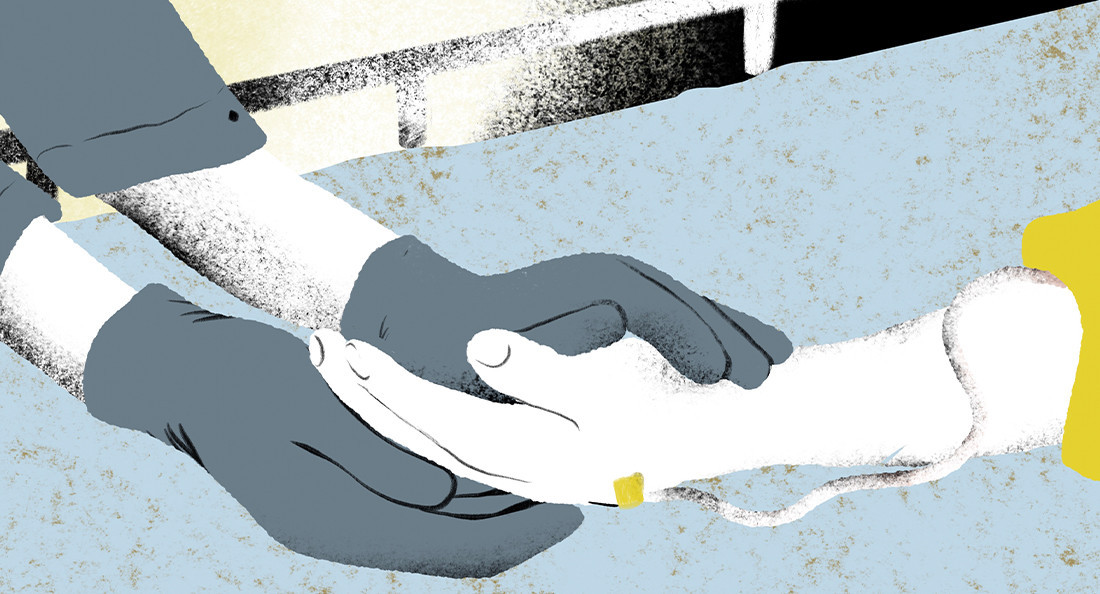On agency in death and life
The tricky conversations around Bill C-7
In December, the Supreme Court of Canada granted the federal government a two-month extension to pass Bill C-7, delaying the deadline until Feb. 26.
Bill C-7 would reduce the limitations on who is able to get medical assistance in dying (MAiD) by eliminating the requirement for foreseeable death and eliminate the currently mandatory 10-day reflection period for those whose death is foreseeable.
Whitney Hodgins is the chairperson of the Manitoba League of Persons with Disabilities and lives with disability and mental illness. She says the league’s stance on the bill is “a tricky one.”
“I know there are benefits, but we have to look at the negatives,” Hodgins says. “It begs the question of our government: are we actually supporting people to thrive or to do the opposite?”
Hodgins says the changes proposed by the bill would theoretically help people who have struggled to get through the process of being approved for MAiD, but they have much wider-reaching potential impacts.
“We’re in the middle of a pandemic, and a lot of people are struggling right now with surviving in general, and now you put people potentially who have disabilities in a situation where they’re not being supported already by programs provincially or federally,” she says.
Hodgins notes that people with disabilities in Manitoba could receive $200 in pandemic support from the provincial government and $600 from the federal government: far less than what was provided through the Canada Emergency Response Benefit.
Hodgins says while she thinks Bill C-7 comes from a place of attempting to help people, the full repercussions of legislation like this have to be considered.
Dr. Michelle Owens is a professor in the women’s and gender studies department at the University of Winnipeg and the program co-ordinator for the disability studies program. They see the subject of MAiD come up most often in upper-level seminar classes. Their students “realize it’s complex and multifaceted and approach it with a great deal of sensitivity.”
Owens often introduces the topic using Dr. Alison Kafer’s work on the death of 12-year-old Tracy Latimer, who had multiple disabilities and was killed by her father in 1993.
“That was around the same time that Sue Rodrigez, who had ALS, wanted to kill herself but lacked the ability to do so and was aided by former politician Svend Robinson,” they say. Owen’s explains that Rodrigez’s death is an example of what the first wave of MAiD legislation aimed for, “but in the public imagination, they both became seen as a kind of mercy killing.”
Owen says while they believe people should be able to control their death as a feminist principle, they understand why the focus on death in MAiD legislation instead of better social supports for people with disabilities in life is a red flag for many.
“When you look at it, they’re taking away a very big safety net for making sure that people know what they’re doing and are sure of what they’re doing,” Hodgins says.
“Considering we passed legislation a year ago that was going to promote inclusion in public spaces, it feels like this bill is a step backwards from what we were doing before, at least from my perspective,” she says.
Owens says MAiD should be a part of academic classes outside of the philosophical and legal, initiating larger conversations in the arts and social sciences about what impacts quality of life and what it means to offer a better life.
Published in Volume 75, Number 15 of The Uniter (January 21, 2021)







